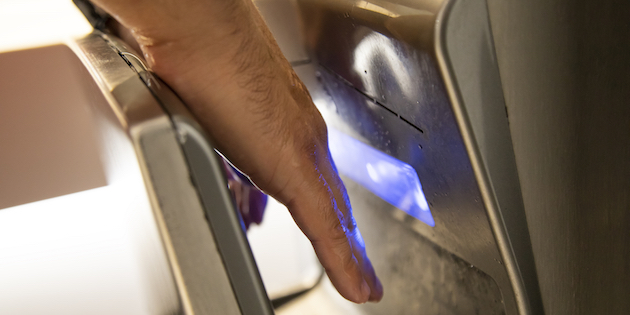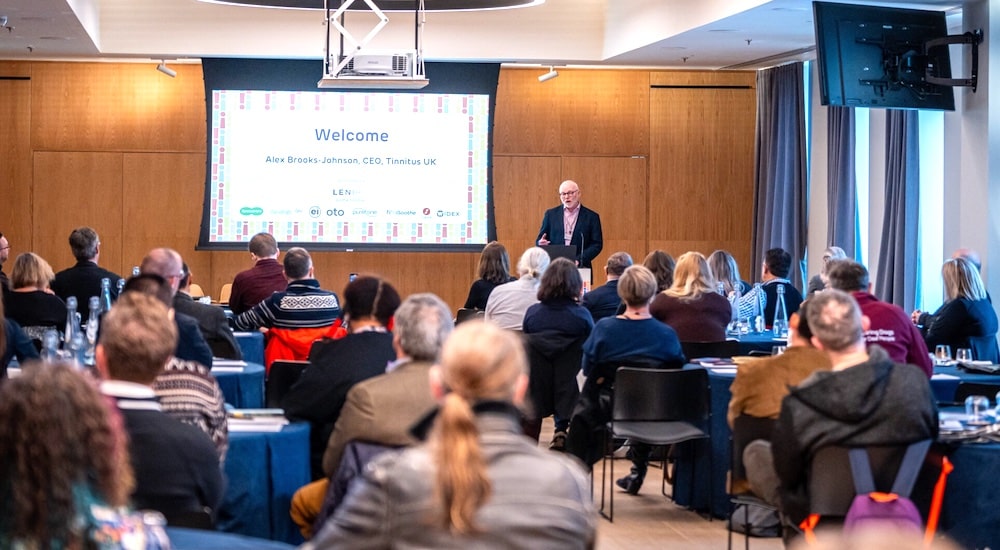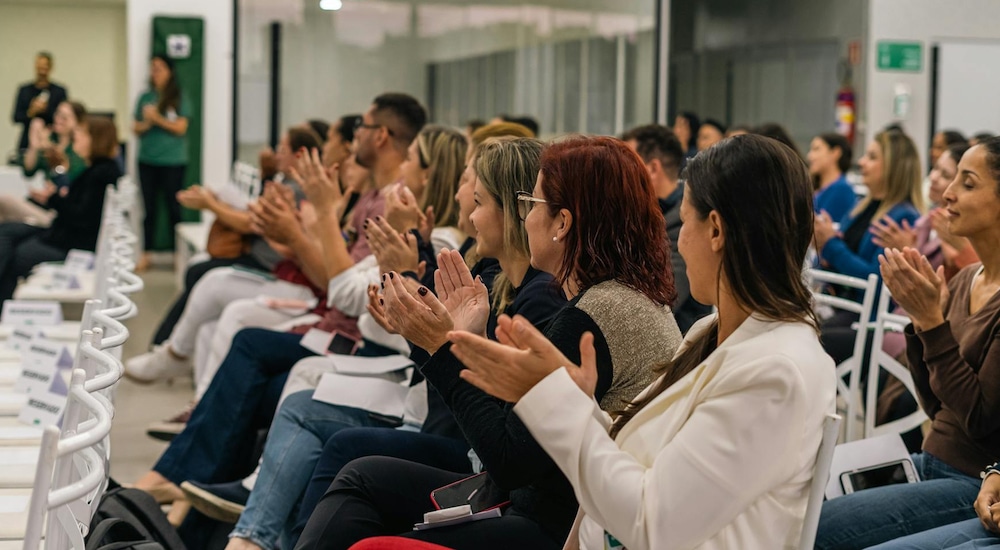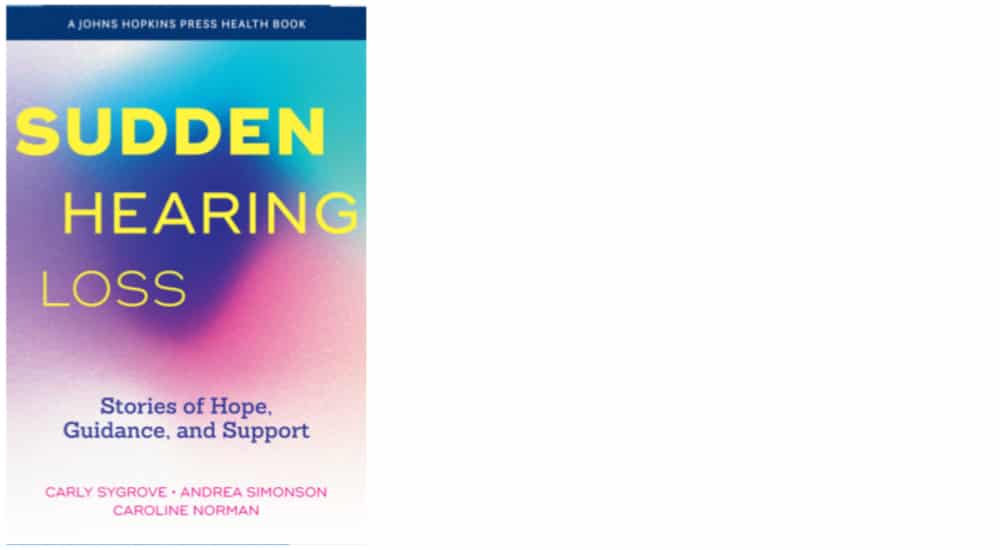Children who say hand dryers ‘hurt my ears’ proved right by "real world" study
noise
A study in the journal of the Canadian Paediatric Society suggests that hand dryers in public washrooms may be damaging to children's hearing. The published research was carried out by a 13-year-old.

Nora Keegan, from Calgary in Canada, was standing by a washroom hand drying machine, she told The New York Times. "I found my ears hurting and also that children were covering their ears because the hand dryers were too loud, so I wondered if maybe they actually are dangerous to human ears, and I decided to test it,” she said
Thus, 13-year-old Nora began research that would be published in Paediatrics and Child Health this June and attract worldwide attention from journalists who have stood next to such dryers in airport washrooms and wondered why planes were taking off from the departure lounge. "Children’s ears are more sensitive to damage from loud sounds than adult ears. Health Canada prohibits the sale of toys with peak loudness greater than 100 dB. This study tested installed dryers in public washrooms to see if they were safe for children’s hearing," begins the research article.
This teenager's determined research—with her family's help and support—took her to 44 hand dryers in places children might visit: libraries, schools, shopping malls, and outlets such as Starbucks and Dairy Queen. She took along a decibel meter to measure the sound, with a ruler and a tape to measure "at ten different combinations of heights and distances from the wall, and with and without hands in the air stream coming from the hand dryer, for a total of 20 measurements per dryer."
The results? Xlerator dryers were found to be the loudest. All were louder than 100 dBA at all measurements whenever hands were in the airstream. "Several Dyson Airblade models were also very loud, including the single loudest measurement of 121 dBA. While some other units operated at low sound levels, many units were louder at children’s ear heights than at adult ear heights."
The research suggests that "many hand dryers operate at levels far louder than their manufacturers claim and at levels that are clearly dangerous to children’s hearing."
Nora, who at the moment would like to become a marine biologist, was helped by her father, a GP, to write the paper that was eventually accepted by Paediatrics and Child Health, demonstrating that the blast of impactful research can be generated by any non-academic citizen with a concern for safety. Not only did Nora do the research; The New York Times reports that she has also been working on developing a filter to lessen the noise of hand dryers.
Source: The New York Times/Paediatrics and Child Health


